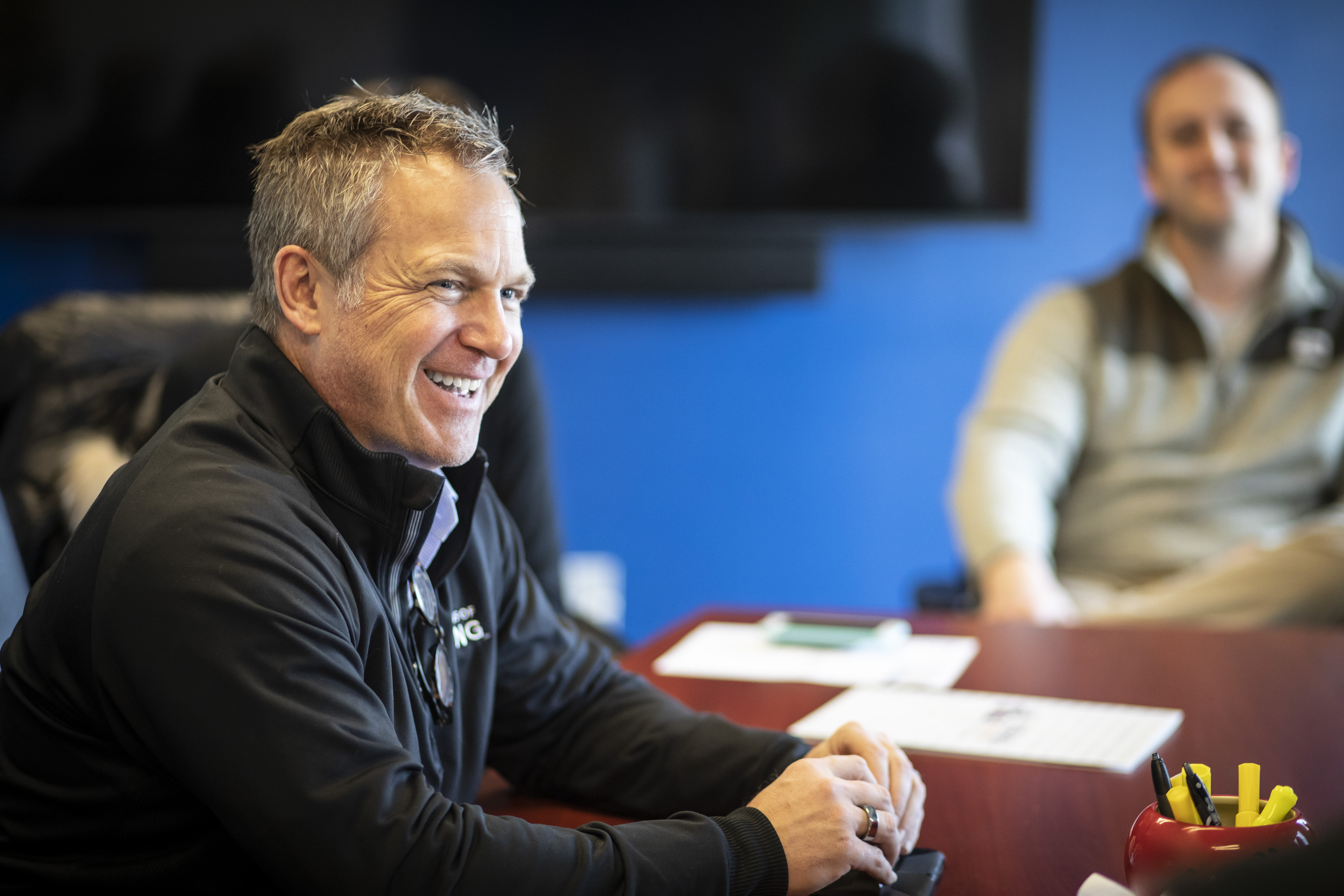On March 25, the National Commission on Military, National, and Public Service issued its final report to Congress for consideration. I don’t blame you if you missed it amidst all the COVID-19 headlines. Still, I recommend you read it as it lays the groundwork for an America where national service is considered an expectation, not an option, for all citizens. It’s an aspiration I wholeheartedly support, and a need that’s being illuminated by our current crisis.
Across the country, people are rising in service to aid in the war against COVID-19. And, in April, a bipartisan coalition of legislators called for the creation of a National Public Health Corps. This proposed army of civil servants would fill boots on the ground to assist with contact tracing, testing and other vital tasks to help slow the spread of the virus. The thinking is that it will take such a group of service-minded individuals to meet the demand as America attempts to reopen with COVID-19 lurking as a continued threat. As it stands, the coalition of legislators argue there aren’t enough people in place to support the sustained and comprehensive effort that’s needed.
As supporters try to move that proposal forward, I was happy to read in the commission’s report that some 24 million Americans already participate in some kind of service, including both military and public positions. While an impressive number, 24 million still represents only a little more than 7% of our population. In other words, we have the capacity to do more. And that’s the main point of the commission’s recommendations and the reason why we have both the need and the ability to create something like the proposed national health corps.
Making the case
In a typical presidential election year, which this certainly isn’t, we would expect to hear a lot of talk about a whole host of problems and the candidates’ proposed solutions. Ideally, the concept of national service would rise to the top. Why? No matter where you fall on the political spectrum, I think you’ll agree we could solve more problems if more Americans were aware of service opportunities, aspired to do them and had access to them. Awareness. Aspiration. Access. Those are the three things the commission listed as the primary barriers for advancing the idea of national service in the United States.
You can count me among the aware. I see the need for service every day working in an industry that exists to help aging adults and their families. Our population is growing older. For the first time in the history of the developed world, there are more of us over age 60 than under age five. Moreover, 40% of today’s older middle class workers, according to a Schwartz Center for Economic Policy Analysis study, will live at or near poverty in retirement. Couple these stats with the fact that as we age, we often lose the ability to live independently, and you have the makings of a crisis.
The rapidly aging population is exponentially expanding the need for qualified caregivers. It’s a need that’s only going to grow in the future. Civilian service could be a solution to this growing problem. From providing transportation and doing household chores to preparing meals and simply offering companionship, a growing number of people desperately need the helping hands that civilian servants can provide.
This is precisely why we created the Champions of Aging program, which offers paid part-time and full-time service year options for college students and recent graduates to work with non-profit organizations that provide hands-on services for seniors. Our goal is to help build a future workforce that understands and appreciates the complexities and individuality of the aging process.
Prioritize each other
I believe that our country’s citizens have the capacity – and the willingness – to serve our nation’s aging population, not to mention the many other needs in our communities, such as our ongoing battle against COVID-19. To date, we simply haven’t prioritized national service as an expectation. Starting now, we need to heed the commission’s recommendations and focus on increasing awareness, aspiration and access to service opportunities.
I’m all in, and it’s precisely why I joined retired Gen. Stan McChrystal, Thrive Global founder Arianna Huffington, former Secretary of Defense Robert Gates and philanthropists Laura Lauder and Andrew Hauptman as co-chairs of Serve America Together, a campaign to make national civilian, military and public service both an expectation and opportunity for young people growing up in our country.
By making service a national priority, we are prioritizing each other. This election year, let’s make it clear to the candidates that now’s the time to invest in – and move forward with – a clearer commitment to national service.


